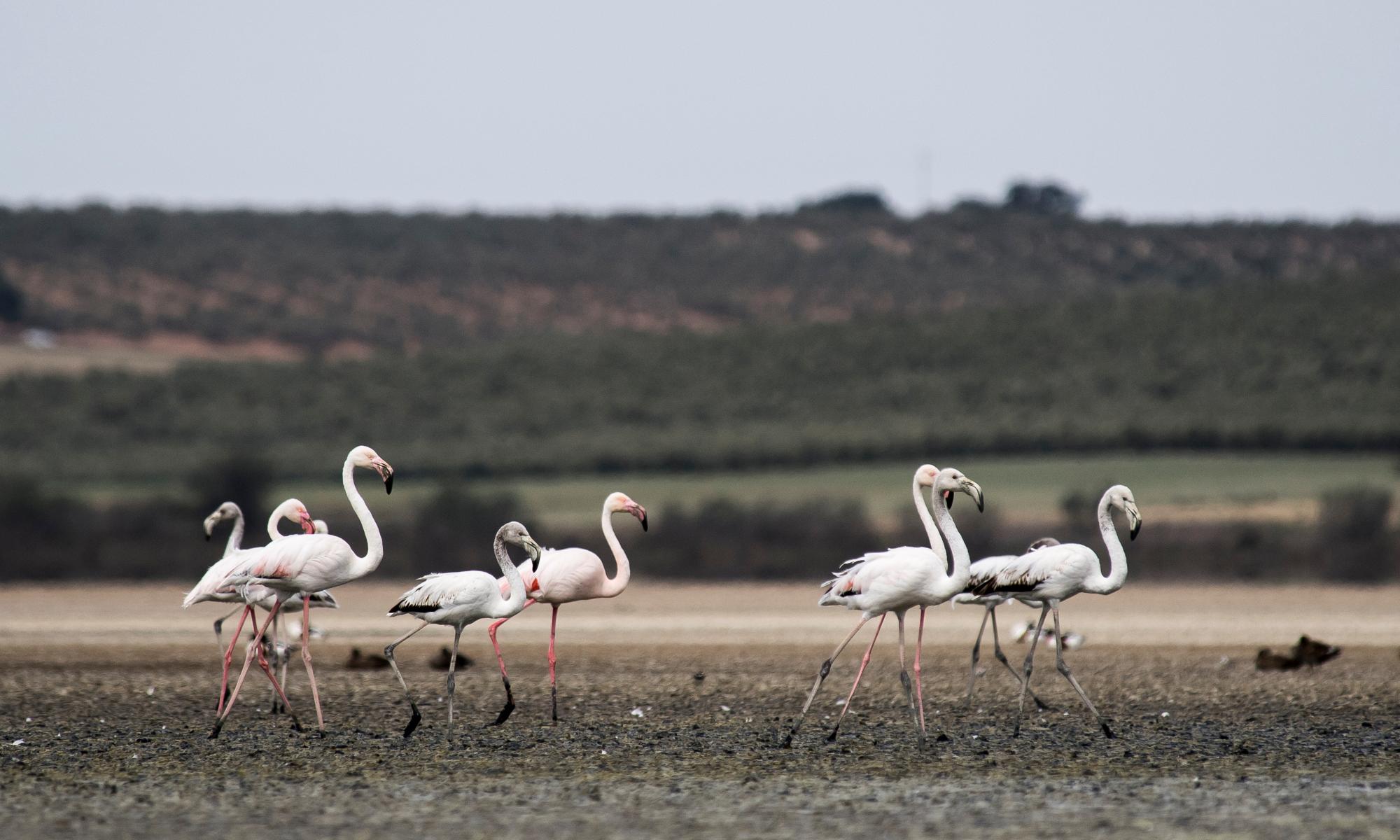A survey of mussels has revealed an alarming deterioration in the River Thames ecosystem since the 1960s, according to a study.
Scientists attempting to replicate a 1964 survey of freshwater bivalves in a stretch of the Thames near Reading found striking results, as native mussel populations had crashed by almost 95%. One native species, the depressed river mussel, had vanished completely, and the remaining species were much smaller for their age, reflecting slower growth.
“Mussels are a great indicator of the health of the river ecosystem” said Isobel Ollard, a PhD student at the University of Cambridge’s department of zoology and first author of a paper published in the Journal of Animal Ecology.
“Such a drastic decline in mussel biomass is likely to be an indicator of a deteriorating environment,” she said. “It is also likely to have a knock-on effect for other species, reducing the overall biodiversity.”
An adult mussel can filter up to 40 litres of water a day, Ollard said, thereby removing large amounts of algae and keeping rivers clean.
The original 1964 survey is still cited by scientists as it provides evidence of the big contribution mussels make to river ecosystems.
The research, carried out at a site near Reading, sends an important warning about the world’s freshwaters, according to the paper’s authors.
Prof David Aldridge, from the University of Cambridge and senior author of the report, described the population crash of native species as “very worrying”.
“While this might seem like a rather parochial little study of a single site in a single river in the UK, it actually provides an important warning signal about the world’s freshwaters.”
The survey found high numbers of invasive species, the non-native zebra mussel and the Asian clam, which were absent from the 1964 study. The species probably hitched a ride on boats, dropping off as they sailed up the Thames, the scientists said.
The zebra mussel, known to grow on native species, smothering them to death, could be responsible for the decline, they said. Other possible causes could be changes in land use along the river or changes in the fish populations mussels depend on as part of their life cycle.
The population of duck mussels had decreased to just 1.1% of 1964 levels, with the painter’s mussel down to 3.2% of 1964 levels.
The scientists think the mussels’ reduced growth rates may reflect the return to the river’s natural state following tighter regulation of sewage treatment since the 1960s. They examined nutrients measured by the Environment Agency and found that the levels of nitrate and phosphate had fallen. A reduction in these nutrients would reduce the growth of algae, limiting the food available to mussels.


